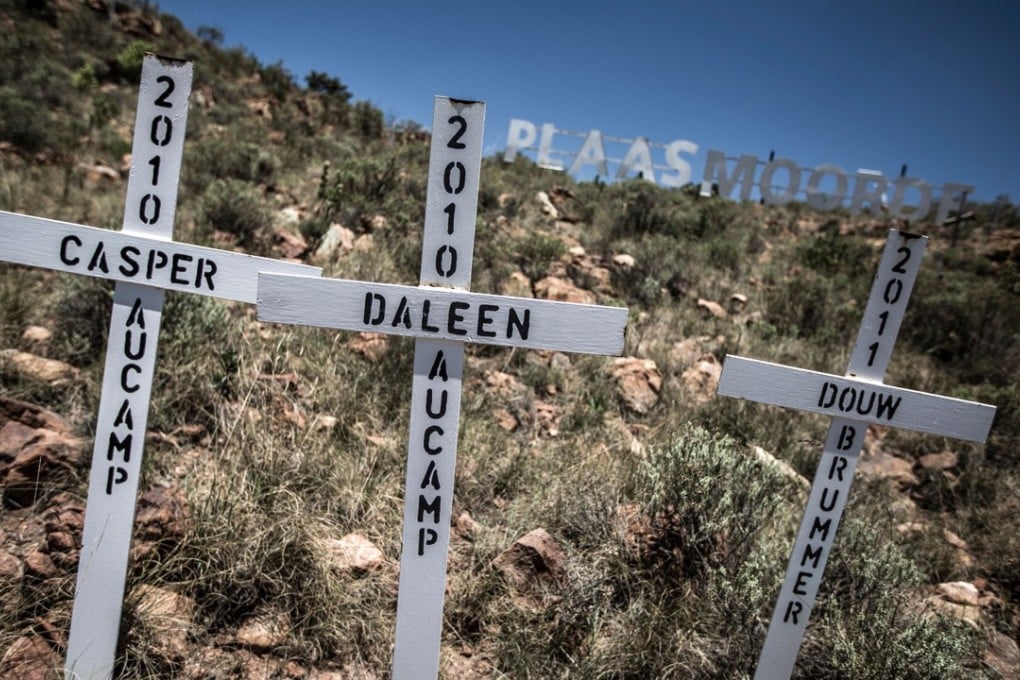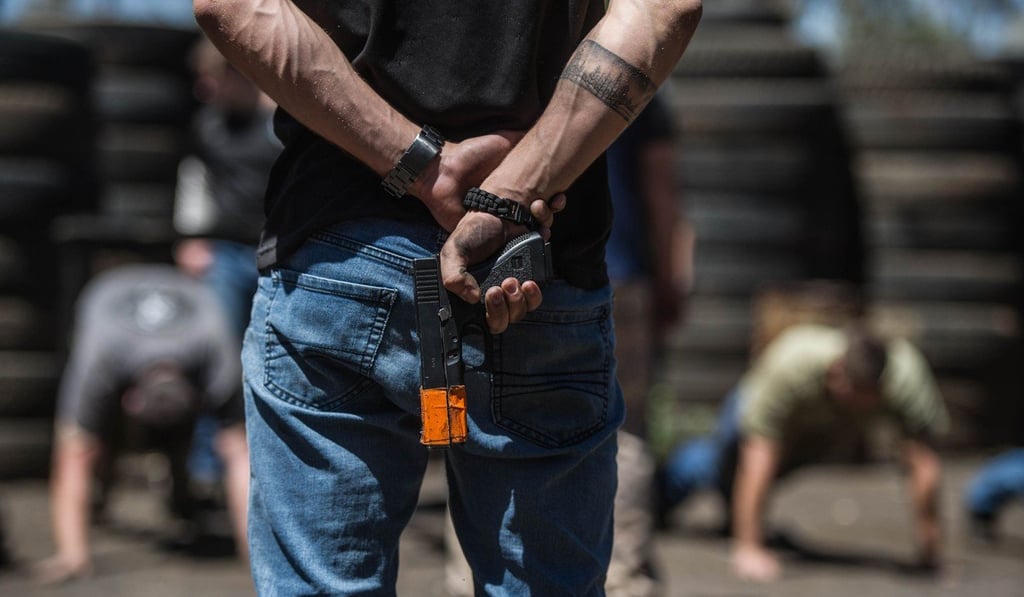Murders of farmers in South Africa at 20-year low, contradicting talk of surge in violence targeting rural whites
Some say the decline in killings reflects greater precautions being taken by farmers, and the threat remains high

Murders of farmers in South Africa are at a 20-year low, research by one of the country’s biggest farmers’ organisations claims.
Forty-seven farmers were killed in 2017-18, according to statistics compiled by AgriSA, an association of hundreds of agricultural associations across South Africa. This is consistent with a steady decline since a peak of violence in 1998 when 153 died.
Between 80 and 100 were murdered each year from 2003 to 2011, and around 60 until 2016.

The Australian home affairs minister, Peter Dutton, said earlier this year that white South African farmers who wanted to migrate to Australia “deserve special attention” and “help from a civilised country like ours” due to the “horrific circumstances” of land seizures and violence.
His comment prompted a diplomatic row with Pretoria.